Burundians headed to the polls on Monday to elect leaders of neighbourhoods in a vote organized across more than 1,400 polling stations nationwide. According to the National Independent Electoral Commission (CENI), six million citizens were eligible to participate in the election, which marks the final phase of the country’s scheduled elections for 2025. The electoral cycle will conclude with the presidential vote in 2027.
Monday’s election, broadcast live by accredited Burundian media outlets, follows the legislative polls held on June 5 and the senatorial elections on July 25.
Speaking to the Burundi Media Synergy platform, CENI Chairman Prosper Ntahorwamiye acknowledged that voter turnout appeared lower compared to previous elections.
“Polling began on time, with most staff members already present,” he said. “In the past, polling station staff would arrive at the last minute. This time, everything was ready on schedule, but the turnout was not as strong as in the most recent elections.”
The voting process was overshadowed by an attempted case of electoral fraud in Bujumbura. In a statement issued around 2 p.m., Ntahorwamiye revealed that polling station staff at the Gihosha station in Gikungu zone were caught filling out ballot papers in favor of a candidate named Chançard Nimbona.
“Four individuals were caught red-handed completing ballots, but the papers had not yet been placed in the ballot box,” Ntahorwamiye said. “Those involved are now in the hands of the judiciary, and we are calling for a swift trial to clarify the situation.”
Under Article 173 of Burundi’s electoral code, candidates for neighbourhood council positions must be Burundian citizens, reside or own a household in the area or neighbourhood where they are running, be at least 25 years old, be literate, and enjoy a good reputation in their community.
The country has a total of 3,044 hills, each represented by an elected council.
Several high-profile authorities, including President Evariste Ndayishimiye, participated in the election by voting in their native localities. President Ndayishimiye cast his ballot in Musama hill, Kabanga zone, in Gitega, the country’s political capital.
“Hill council elections are very important because these leaders are closest to the people and understand their challenges better than anyone else,” the president said after voting.
The neighbourhood council elections come after the CNDD-FDD, which has ruled Burundi for two decades, claimed a sweeping victory in the legislative and senatorial polls earlier this year, winning more than 90 percent of the votes and securing all seats in both chambers of parliament, according to CENI.
Opposition parties rejected those results, alleging widespread fraud, but the Constitutional Court upheld the outcome, declaring the elections free and fair.
The next major election will be the presidential vote, scheduled for 2027, in accordance with the 2018 constitutional reform that replaced the previous five-year presidential term.


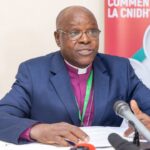
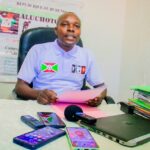
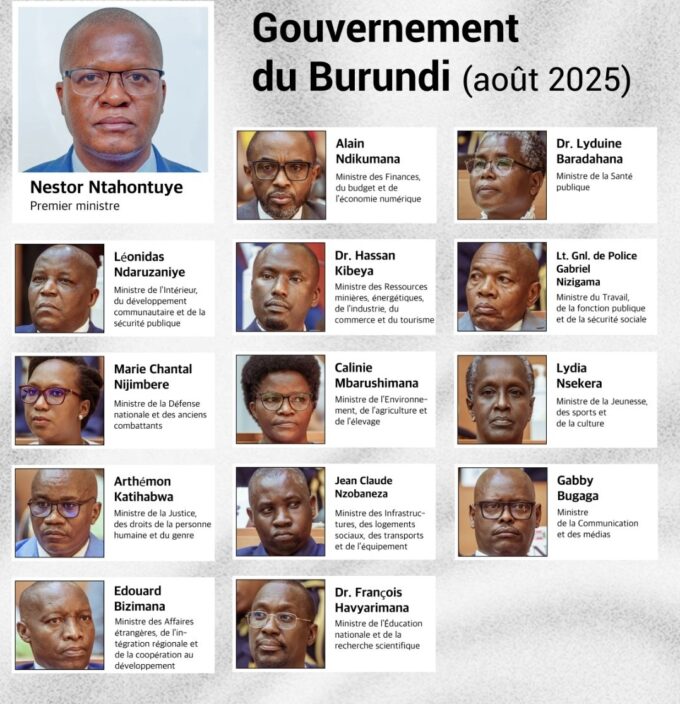
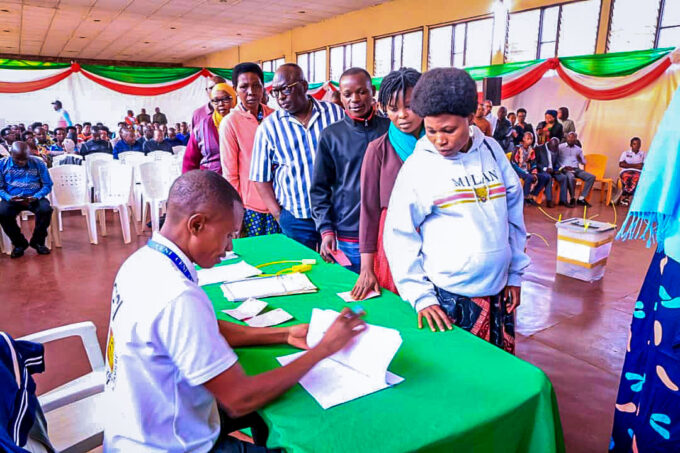
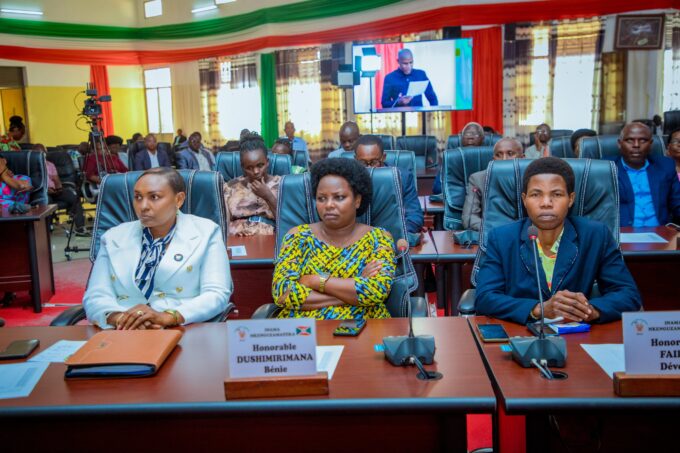
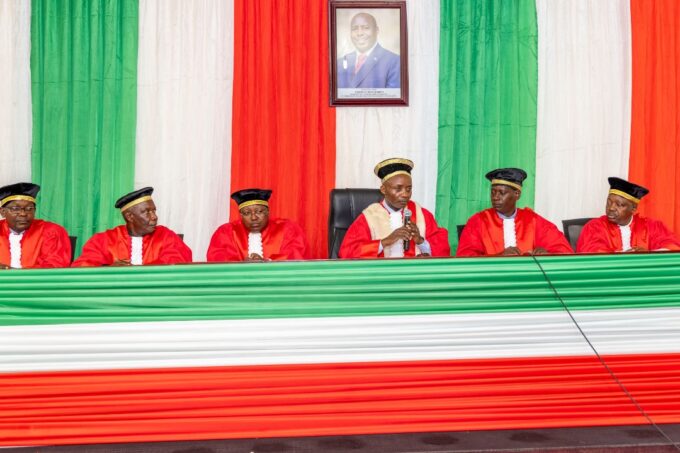
Leave a comment